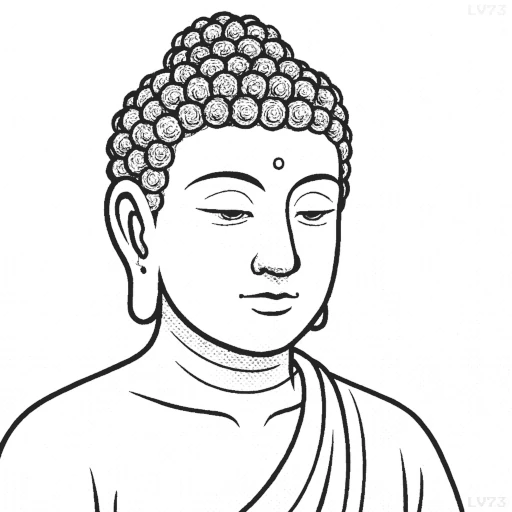“You will not be punished for your anger, you will be punished by your anger.”

- 7th century BC to 5th century BC
- Indian
- Religious leader, thinker
table of contents
Quote
“You will not be punished for your anger, you will be punished by your anger.”
Explanation
This quote emphasizes that anger itself is a form of self-punishment. It suggests that when we allow anger to take control of us, the consequences are not external punishments from others, but the internal harm we cause to ourselves. Anger can cloud judgment, damage relationships, and lead to physical and emotional stress. The more we hold on to anger, the more it suffocates us, preventing peace of mind and emotional clarity. In this sense, we are not punished by others, but by the anger we fail to release, which ultimately causes us more harm than the situation or person that triggered it.
In modern life, where stress and frustration often lead to moments of anger, this message serves as a powerful reminder that managing emotions is key to maintaining mental health and peace. Holding onto anger—whether from past grievances or current conflicts—can create long-term resentment and pain, affecting our well-being. By practicing techniques such as mindfulness, forgiveness, and self-reflection, we can prevent anger from taking over and instead choose calm and understanding. For example, someone who practices meditation or deep breathing when they feel anger rising is less likely to suffer the negative consequences of letting that anger escalate.
Historically, Buddha’s teachings on anger and attachment emphasize that holding onto negative emotions, like anger, leads to suffering. Buddha taught that anger, like other strong emotions, is a form of attachment that binds us to suffering and prevents us from achieving enlightenment. By letting go of anger, we free ourselves from its control and experience greater peace and freedom. This practice of non-attachment to anger and other negative emotions is central to cultivating a calm and balanced life.
Would you like to share your impressions or related stories about this quote in the comments section?


